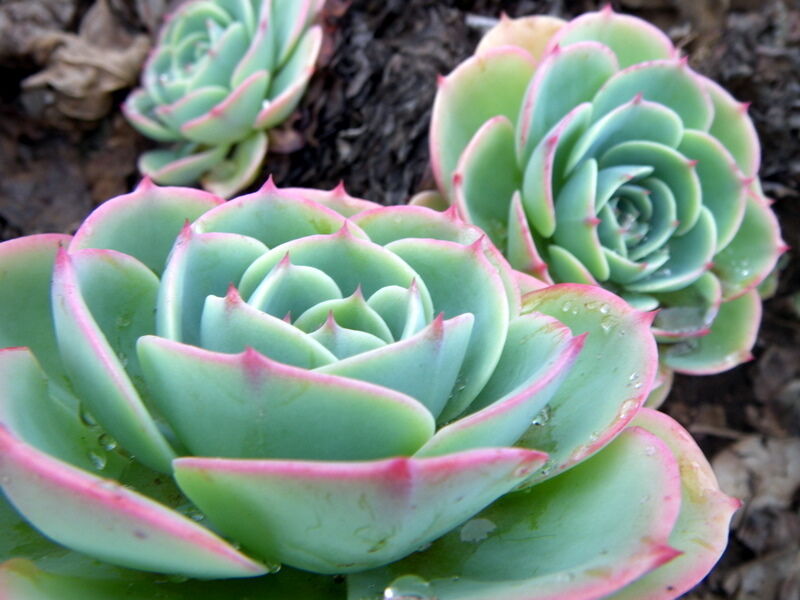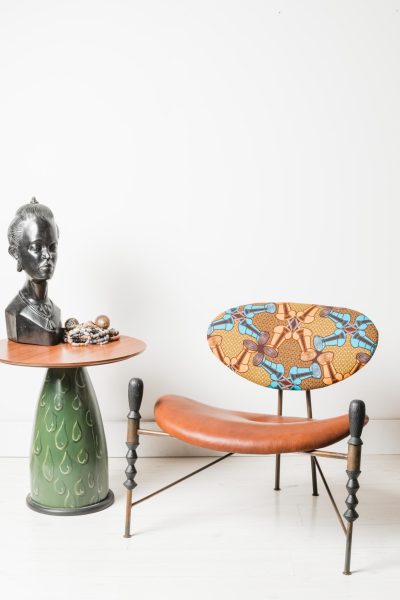Houseplants and their effect on health
October 1, 2020
It’s a big trend right now to use plants, real or fake, as home decor. However, they may have benefits beyond just the visual appeal.
“I think this year caring for or nurturing plants helps everyone destress,” said Cynthia Haynes, an associate professor in horticulture at Iowa State. ”It is fun watching something grow and thrive — indoors or outdoors — and it is a great way to connect with nature. This has been especially important during the pandemic.”
Houseplants and succulents are easy to care for and require little maintenance. They’re an easy way to add a little more life into a space while also helping people relax, and are also usually an affordable investment.
“Succulents as houseplants is a huge trend right now. They are unique looking and take minimal care, that’s always a bonus if you fear you will kill houseplants,” said Edward Lyon, director of Reiman Gardens. “Plants also have a calming effect — sort of like being surrounded by nature. In the time of COVID, it gives people something to do when restricted at home so much — caring, nurturing, etc. Even simply the aesthetic of plants — they ‘soften’ the interior design look. Many people are setting up some form of home office space to work remotely and plants help make it more attractive and desirable.”
The National Initiative for Consumer Horticulture said plants stimulate both a physiological and psychological relaxation response that links us to nature.
“Indoor plants improve air quality by removing carbon dioxide, particulates, benzene and up to 90 percent of formaldehyde,” according to The National Initiative for Consumer Horticulture. “Having plants in our homes is an important component of creating a sustainable indoor ecology and healthy minds and bodies.”
The American Horticultural Therapy Association uses garden environments to document the therapeutic benefits of plants. Horticulture therapy can be used as therapy for the mind, the physical body and occupational therapy.
According to the American Horticultural Association, horticultural therapy helps improve memory, cognitive abilities, task initiation, language skills and socialization. In physical rehabilitation, horticultural therapy can help strengthen muscles and improve coordination, balance and endurance. In vocational horticultural therapy settings, people learn to work independently, problem solve and follow directions.
There have been many studies testing relationships between plants and the outdoors to help solve problems in the world.
“I recall some research that linked plants to crime,” Lyon said. “There was a study in Chicago where they looked at low-income housing units with no trees, some trees and lots of trees, and found crime went up the less trees.”
If putting a potted plant in your window is something you were thinking about doing, it might have more of an effect on you than you would think.

















